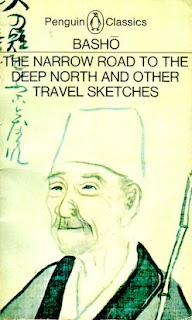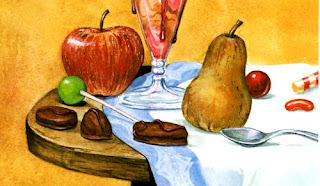What is Heard
Will Young
"Jealousy"
on the album Echoes
The lyrics I have seen reproduce the long languorous pauses with line breaks and spacing. They bring into high relief the relation between waiting and thinking.
And it feels like jealousyListen in at 1:89 there are more words with telling rests:
And it feels like I can't breathe
And I'm on, down on my knees
And it feels like jealousy.
I'm tired of waiting.
I'm tired of thinking.
And it feels like jealousy (hey)
And it feels like I can't breathe (I can't breathe)
And I'm on, down on my knees (oh)
And it feels like jealousy
And all thisRight there after the tired of thinking and waiting, just before the iteration of the naming of jealousy. Could this be a case of Will Young: 'I forget lyrics and start making them up'? Improvisation that laid down the track?
feeling
taking over
me
And so for day 2391
30.06.2013










